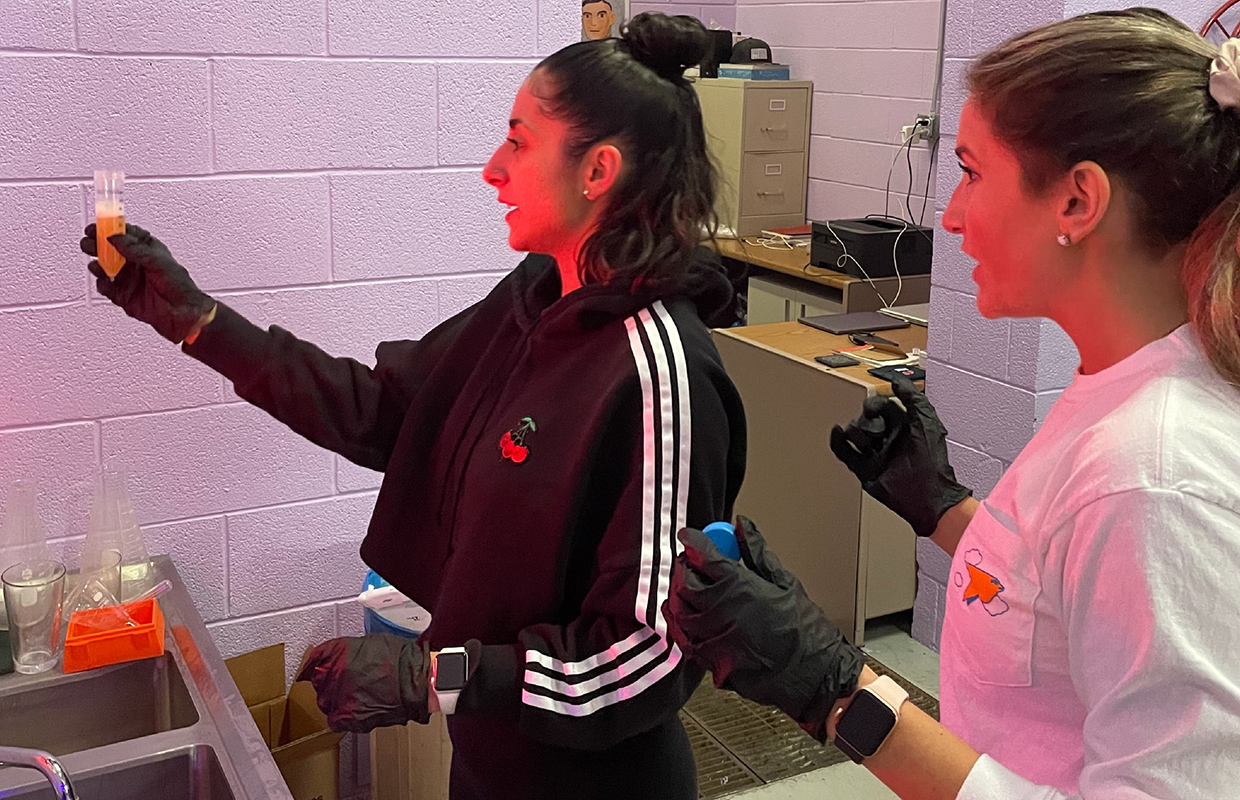
When the going gets tough, the tough … pivot. And that’s exactly what craft breweries across the country have been doing in response to the pandemic, which has prevented thousands of them from conducting business the way that they, and their customer base, are accustomed to: on-premise.
And technology has been a vitally important tool in making that pivot:
- Digital direct-to-consumer sales
- Contactless tablet ordering
- Online memberships
- Virtual events
All this has allowed countless breweries to stay afloat—and prevent fiscal hemorrhaging—during the course of the pandemic. And all this is likely to stay in place even as the United States continues to re-open and we hope we are approaching “the new normal” (for real, this time). And just like all great opportunities, all this also presents significant risk that craft brewers would be wise to keep in mind.
Cyber Security at the Brewery
From liquor liability lawsuits to equipment breakdown to spoilage and contamination, craft brewers face plenty of risk every day—and they typically believe they have the insurance in place to help them respond to these challenges.
“Far too many business owners neglect cyber liability insurance, mistakenly believing that their operations are too small to be of interest to cyber criminals. And that includes breweries,” points out Kristian Beall, AAI, of Beall Brewery Insurance, which serves craft breweries of all sizes, all across the country. “But the fact is, small-to-medium-sized businesses are easy pickings for cyber criminals.”
In fact, a 2019 study found that 63% of SMBs experienced a data breach. Does your brewery have cyber liability insurance? If so, what exactly does your
policy offer you? Does it cover expenses you would incur as a result of a cybercrime? Does it help in a liability situation, if—for instance—a brewery customer’s personal information is stolen as a result of a data breach at your brewery?
Choose Your Partners Wisely
Your brewery website is hosted by a web hosting company. You may work with a developer to implement DTC functionality on your website, or to create an app that makes ordering and account management super simple for your customers.
Your brewery may choose to work with a company that can facilitate brewery membership management and event organizing and hosting—or you may use in-house software (Zoom, anyone?) to put together virtual tastings or release parties.
Software solutions and professional con- tractors make it easy for your brewery to take advantage of the digital craft beer revolution—but they also make you vulnerable, points out Richard Beall, principal of Beall Brewery Insurance.
“We’ve all heard about Zoom’s security and privacy problems—yet it’s a very easy-to-use tool, which makes it easy for craft breweries to set up and host events,” he says.
“But any relationship that uses your brewery’s digital assets, manages digital systems for you, or provides digital frame- works, needs to be considered very care-
fully. How are you vetting these individuals and organizations to ensure that they’re not exposing your business to cyber risk?”
Some Things Don’t Change
As your brewery gets more creative with its digital presence and digital offerings, there are some things that simply don’t change.
For instance, a brewery accepting online orders needs to make sure the person ordering is of legal drinking age. Likewise, participants in virtual tastings must be of legal drinking age.
You can’t be sure of the temperature of your event participants’ beer—after all, they may have been storing it somewhere less than ideal since they received the shipment from you. But you can make recommendations about how to store your brews, how much participants should expect to taste at your tasting event, and so on, to ensure the quality of your product and the safety of your guests.
The pandemic has radically changed the ways breweries are doing business—and that could be for better or for worse. Take the steps you need to take to ensure the security of your business and the safety of your customers, whether you’re serving them digitally or face-to-face.




Be the first to comment